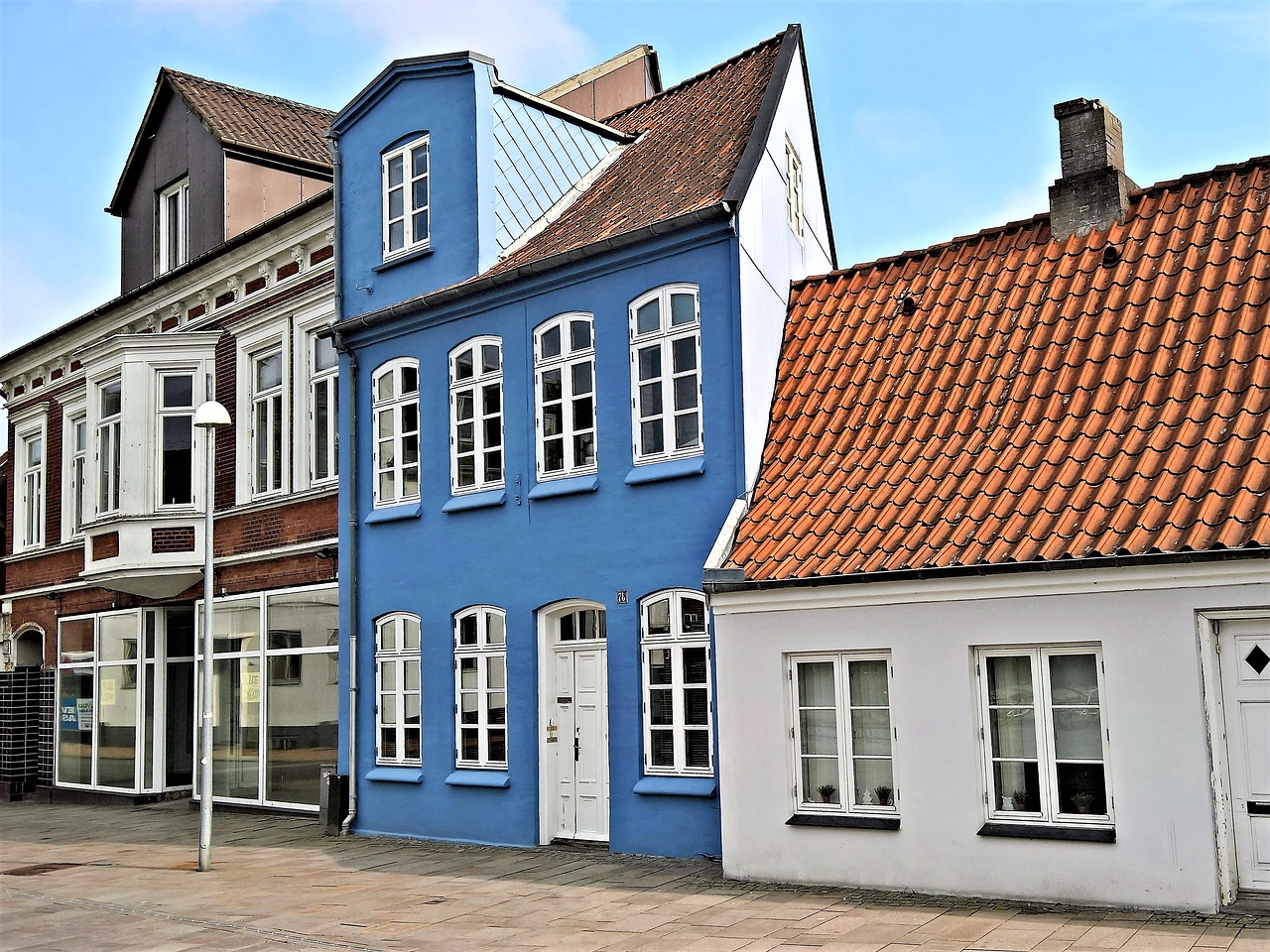Cultural Etiquette: Doing Business in Denmark
Denmark, located in Northern Europe, is a country known for its rich history, stunning landscapes, and strong business culture. When doing business in Denmark, it is important to understand and respect the cultural etiquette to establish successful professional relationships. This article provides a comprehensive guide on the cultural norms and practices to keep in mind when conducting business in Denmark.
Business Culture
Denmark has a well-established business culture that values equality, transparency, and collaboration. The Danish work environment is characterized by a flat hierarchy, open communication, and a focus on work-life balance. Understanding and adhering to these cultural norms can significantly contribute to building trust and successful business relationships in Denmark.
- Equality: Danish society places a strong emphasis on equality, both in the workplace and in society as a whole. It is important to treat everyone with respect and avoid displaying hierarchical behavior or excessive use of titles.
- Transparency: Danes value transparency and honesty in business dealings. It is essential to be open and straightforward in communication, providing accurate information and avoiding exaggerations or false promises.
- Collaboration: Danish business culture encourages collaboration and teamwork. Decision-making processes often involve input from multiple stakeholders, and consensus is highly valued. Be prepared for collaborative discussions and be open to sharing ideas and opinions.
Communication
Effective communication is crucial when doing business in Denmark. Danish communication style is direct and informal, but it is also important to maintain a level of professionalism and respect.
- Directness: Danes value direct and concise communication. They appreciate clear and straightforward conversations, so it is important to be concise and avoid excessive small talk or beating around the bush.
- Punctuality: Being punctual is highly valued in Danish business culture. Arriving on time for meetings and appointments demonstrates respect for others’ time and shows professionalism.
- Informality: Danish business culture is generally informal, with a focus on egalitarianism. Using first names is common, even in professional settings. However, it is advisable to wait for the Danish counterpart to suggest moving to a first-name basis.
Meetings and Negotiations
When attending business meetings or negotiations in Denmark, it is important to be well-prepared and follow certain protocols to ensure a successful outcome.
- Agenda: Provide an agenda before the meeting to allow participants to prepare and have a clear understanding of the topics to be discussed.
- Presentation: Presentations should be concise, well-structured, and supported by data and facts. Danish businesspeople appreciate logical and well-reasoned arguments.
- Flexibility: Danes appreciate flexibility and a willingness to compromise. Be open to discussing various options and finding mutually beneficial solutions.
Negotiation Style
Negotiation in Denmark is typically cooperative and focused on finding win-win solutions. Danes value fairness and mutual benefit, and aggressive or confrontational negotiation styles may be viewed negatively.
- Patience: Negotiations in Denmark may take time, as consensus-building and thorough discussions are valued. Patience and persistence are important virtues during the negotiation process.
- Preparation: Prepare thoroughly before negotiations, ensuring you have a clear understanding of your objectives and desired outcomes. Back your arguments with data and be prepared to justify your proposals.
- Compromise: Be open to compromise and finding middle ground. Danish business culture appreciates a collaborative approach to negotiations.
Business Attire
Danish business attire is generally conservative and formal. However, the dress code has become more relaxed in recent years, and it is advisable to dress neatly and professionally, taking cues from the specific industry and company culture.
- Formal Attire: In traditional industries such as finance or law, a business suit is the standard attire for both men and women. Men should wear a suit and tie, while women should opt for a formal business suit or a tailored dress.
- Smart Casual: In more informal industries or creative sectors, a smart-casual dress code may be acceptable. Men can wear dress pants or chinos with a collared shirt, while women can opt for dresses, skirts, or tailored pants with a blouse.
Business Gifts
While not mandatory, giving business gifts in Denmark is seen as a gesture of goodwill and appreciation. When presenting a gift, it is important to consider cultural sensitivities and choose an appropriate gift.
- Quality: Danish businesspeople appreciate high-quality gifts that reflect thoughtfulness and attention to detail.
- Practicality: Practical gifts that can be used in daily life or in the office are often well-received.
- Personalization: Personalize the gift by considering the recipient’s interests or hobbies. This shows that you have put thought into the gift selection.
Business Dining
Business dining in Denmark is an opportunity to build relationships and establish rapport with your Danish counterparts. Understanding the dining etiquette is essential to navigate these situations smoothly.
- Table Manners: Familiarize yourself with basic table manners, such as using utensils correctly, keeping your hands on the table, and waiting for the host to start eating or drinking.
- Toast: Raising a toast is common during business meals. Wait for the host to initiate the toast and maintain eye contact while clinking glasses.
- Conversation: Engage in polite and meaningful conversation during the meal. Avoid controversial or sensitive topics, such as politics or religion.
Denmark Image 1:

Business Etiquette
Understanding Danish business etiquette is crucial to make a positive impression and build strong professional relationships.
- Handshakes: A firm handshake is the standard greeting in Denmark. Maintain eye contact while shaking hands and greet each person individually.
- Punctuality: Being on time is highly valued in Danish business culture. Arrive a few minutes early for meetings to demonstrate respect for others’ time.
- Respect Personal Space: Danes value their personal space. Avoid standing too close or touching others unless you have established a close relationship.
Denmark Image 2:

Business Networking
Networking is an essential part of doing business in Denmark. Building a strong professional network can open doors to new opportunities and collaborations.
- Informal Events: Attend industry events, seminars, and conferences to meet professionals from various fields. Danish business culture encourages informal networking in a relaxed setting.
- LinkedIn: Utilize LinkedIn to connect with professionals in your industry and join relevant groups. Engage in meaningful conversations and share valuable insights.
- Mutual Introductions: When attending networking events, ask mutual acquaintances or colleagues to introduce you to relevant contacts. Personal introductions are highly valued in Danish business culture.
Conclusion
Doing business in Denmark requires a thorough understanding of the country’s cultural etiquette. By respecting Danish business customs, communicating effectively, and building strong relationships, you can navigate the Danish business landscape successfully. Remember to adapt to the specific industry and company culture while maintaining professionalism and respect.
Denmark Image 3:

References
– VisitDenmark: www.visitdenmark.com
– Invest in Denmark: www.investindk.com
– Confederation of Danish Industry: www.di.dk
– Danish Business Authority: www.eogs.dk

